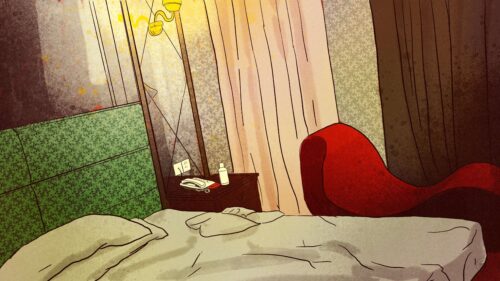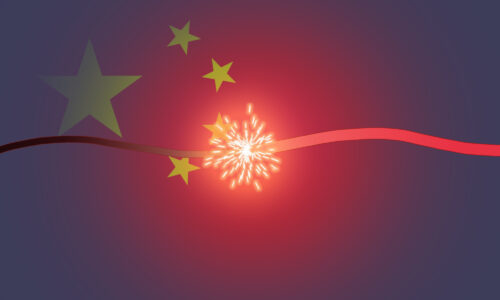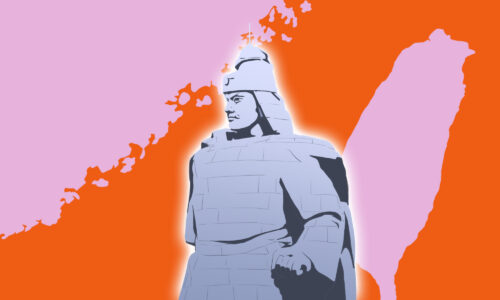Mingbai: Know your Chinese emperors
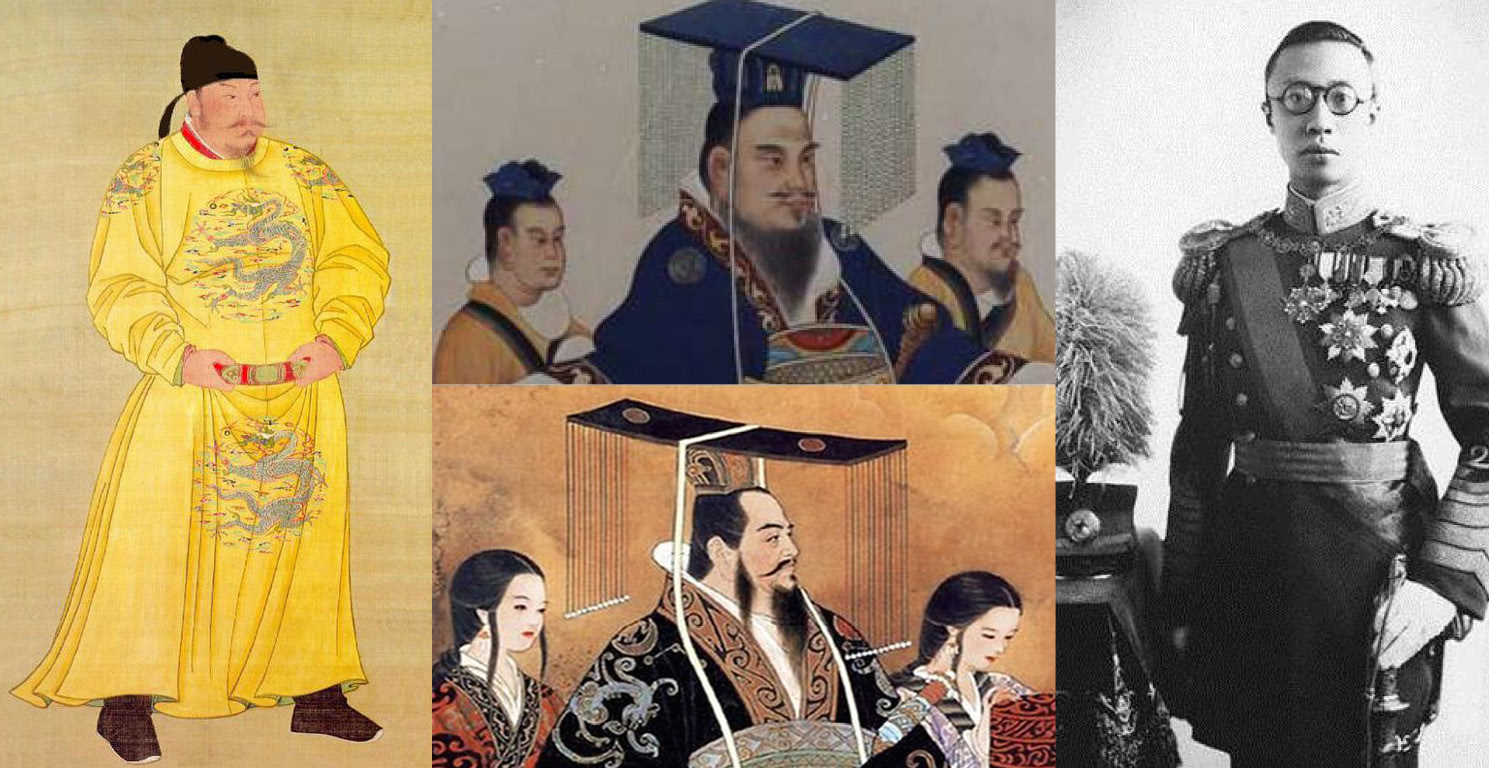
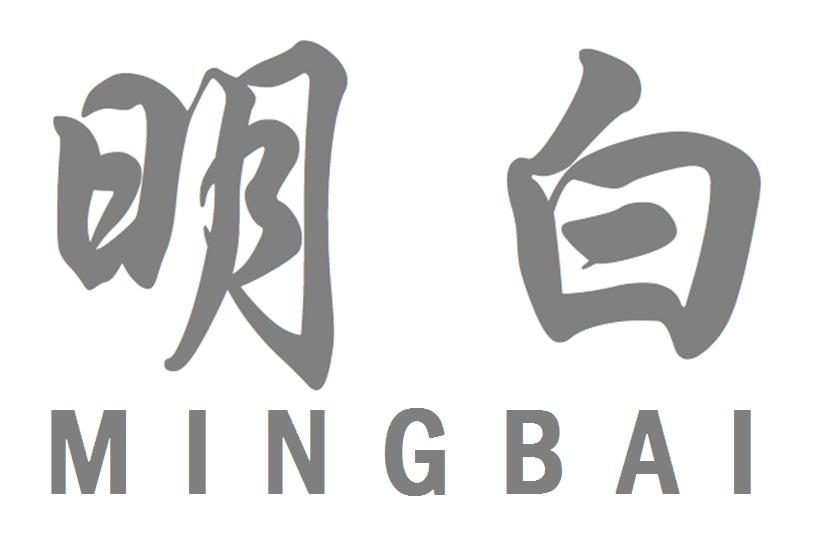 Mingbai (明白, meaning “understand”), written by Christian Føhrby and Deng Jie, is a daily newsletter that drops knowledge on things “everyone in China knows, but almost nobody outside the country knows.” Sign up for it at GetMingbai.com.
Mingbai (明白, meaning “understand”), written by Christian Føhrby and Deng Jie, is a daily newsletter that drops knowledge on things “everyone in China knows, but almost nobody outside the country knows.” Sign up for it at GetMingbai.com.
China has had quite a number of emperors. Few are easily forgettable (they were, after all, emperors), but some of them have left a particularly strong mark on the country, and are household names as recognizable as Abraham Lincoln in the U.S. If you care about history (and perhaps even more so if you don’t!), here are four of the most important Chinese emperors of all time:
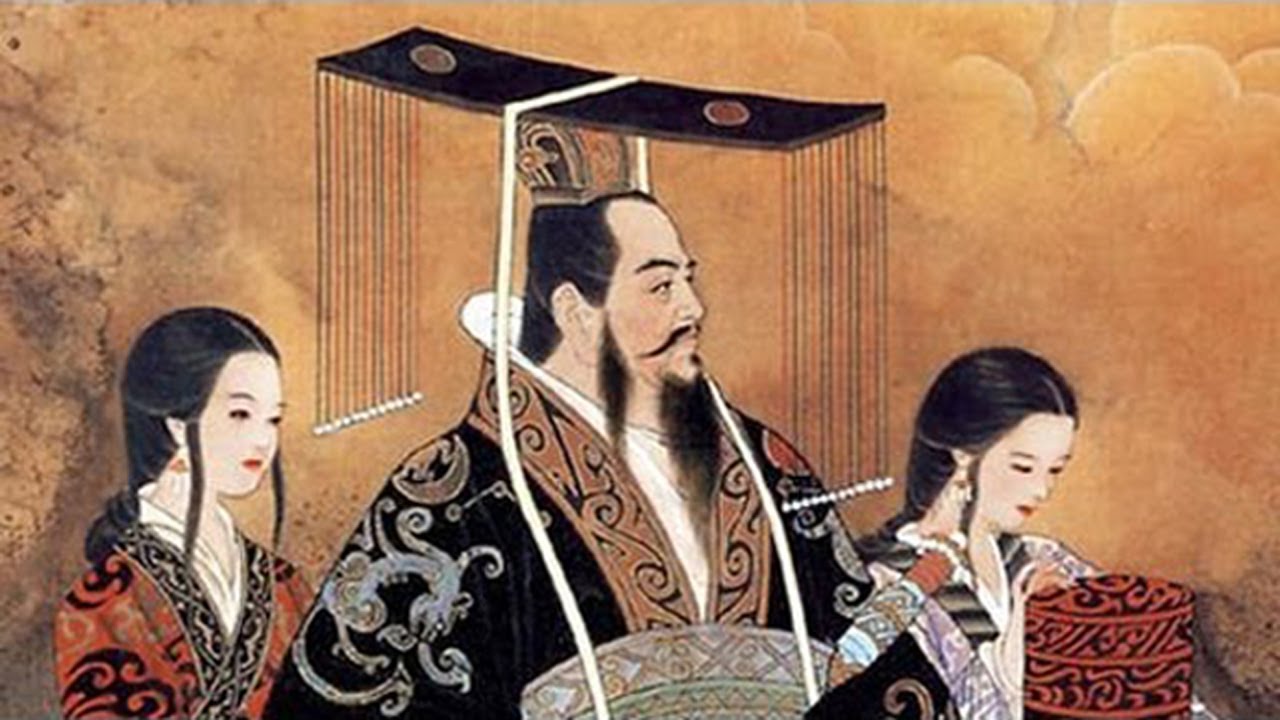
秦始皇 (qínshǐhuáng — the Qin Emperor) was the first emperor to unite all of China. He built the Great Wall, massive roads and canal projects, and standardized both currency and the written language.
In 221 B.C., he ended the tumultuous Warring States period, conquering everything from his capital in modern-day Xi’an. He’s also known as a book burner and a torturer.
After his death, induced by mercury poisoning (ironically, in search of an elixir of immortality), there were uprisings across the empire, and so his dynasty only lasted 15 years, giving way to the Han.
The first emperor rests in a giant mausoleum just outside Xi’an, guarded by his famous army of Terracotta Warriors.
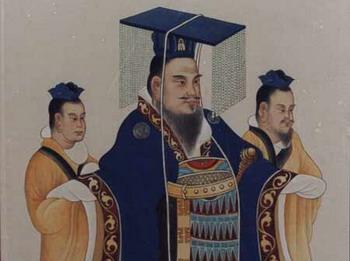
Emperor Wu of Han (汉武帝 hàn wǔdì), born Liu Che 刘彻, was the most famous emperor of the Han dynasty (206 B.C. to A.D. 220, approximately the same time as the Roman Empire). He came to power in 141 B.C. after an epic imperial succession struggle between his mother and the other concubines at the court.
For decades, emperors had used laissez-faire policies to help economic recovery, but decentralization had left the central government weakened. Liu Che reversed this, built up the military, and expanded the empire in all directions, approximately doubling its size. He’s also often credited with establishing the Silk Road between China and Europe.
Liu Che promoted Confucianism as a ruling philosophy, making its classical texts the main curriculum for the imperial civil service exam system. He emphasized recruiting talented people from all layers of society, not just noble families.
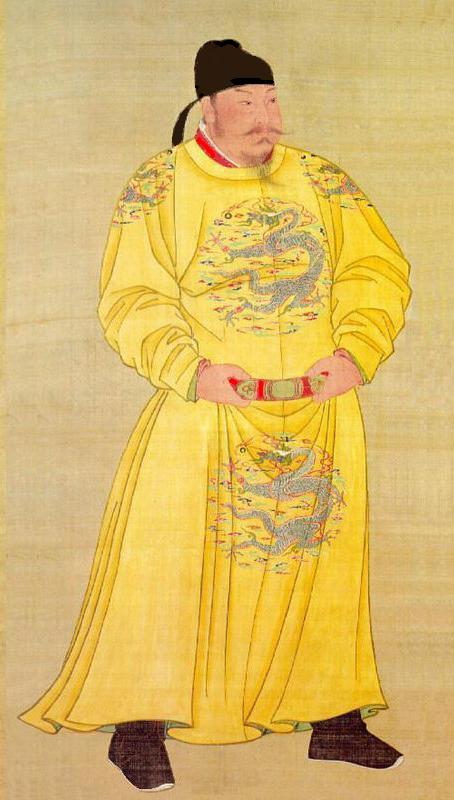
Li Shimin 李世民, a.k.a. Emperor Taizong of Tang (唐太宗 táng tàizōng), is famous for fratricide, concubines, and wealth! The son of the first emperor of the Tang dynasty, Li Shimin played a large role in encouraging his father to rebel against the Sui dynasty, bringing them down in A.D. 618.
Afterward, a serious brother-war broke out: An older brother tried to poison him, while a younger brother gave him a dangerous horse in the hope that it would throw him off. Li Shimin got back at both of them by killing them in an ambush and forcing his father to make him the emperor.
Despite a certain power hunger, Li Shimin’s historical reputation is still pretty good: He spent his reign beating up the Turkic peoples to the north and the North Koreans to the east, and his rule is considered to have started a golden age for China, setting a standard for future leaders. Oh, and he had hundreds of concubines.
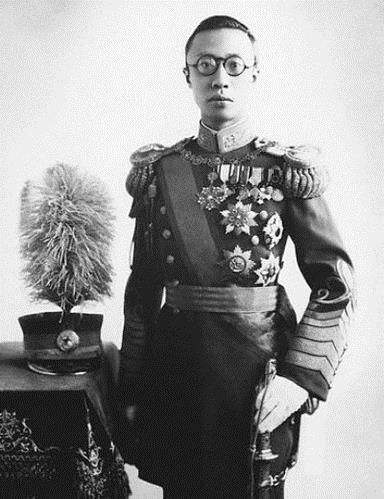
Puyi 溥仪 was the last emperor of China. In 1908, at two and a half years old, Puyi was given the throne: The last two emperors had died without leaving heirs, and so Puyi, who was the grandson of the emperor before them, was chosen to rule the Qing dynasty.
It would not last long. In 1911, the Nationalist revolution forced Puyi off the throne, turning China into a republic while allowing the child emperor to live the rest of his life in quiet dignity, as a regular citizen with a life’s stipend. This was until he was reinstalled by the invading Japanese as a puppet ruler of northern China (Manchuria) in 1932.
After World War II, he was held hostage by the Soviets, who had helped take Manchuria back from Japan. After Mao Zedong came into power, Puyi returned to China, married a nurse, and became a literary editor for the government. He had no children.
https://www.youtube.com/watch?v=5jNqMLfFtxY
Come back next Wednesday for more Mingbai, and remember to sign up for the daily newsletter.
